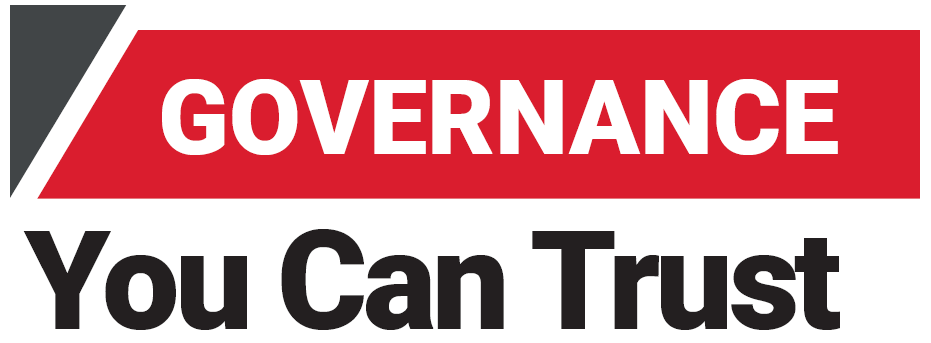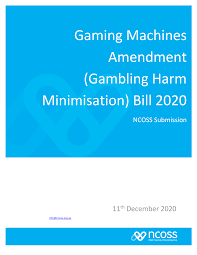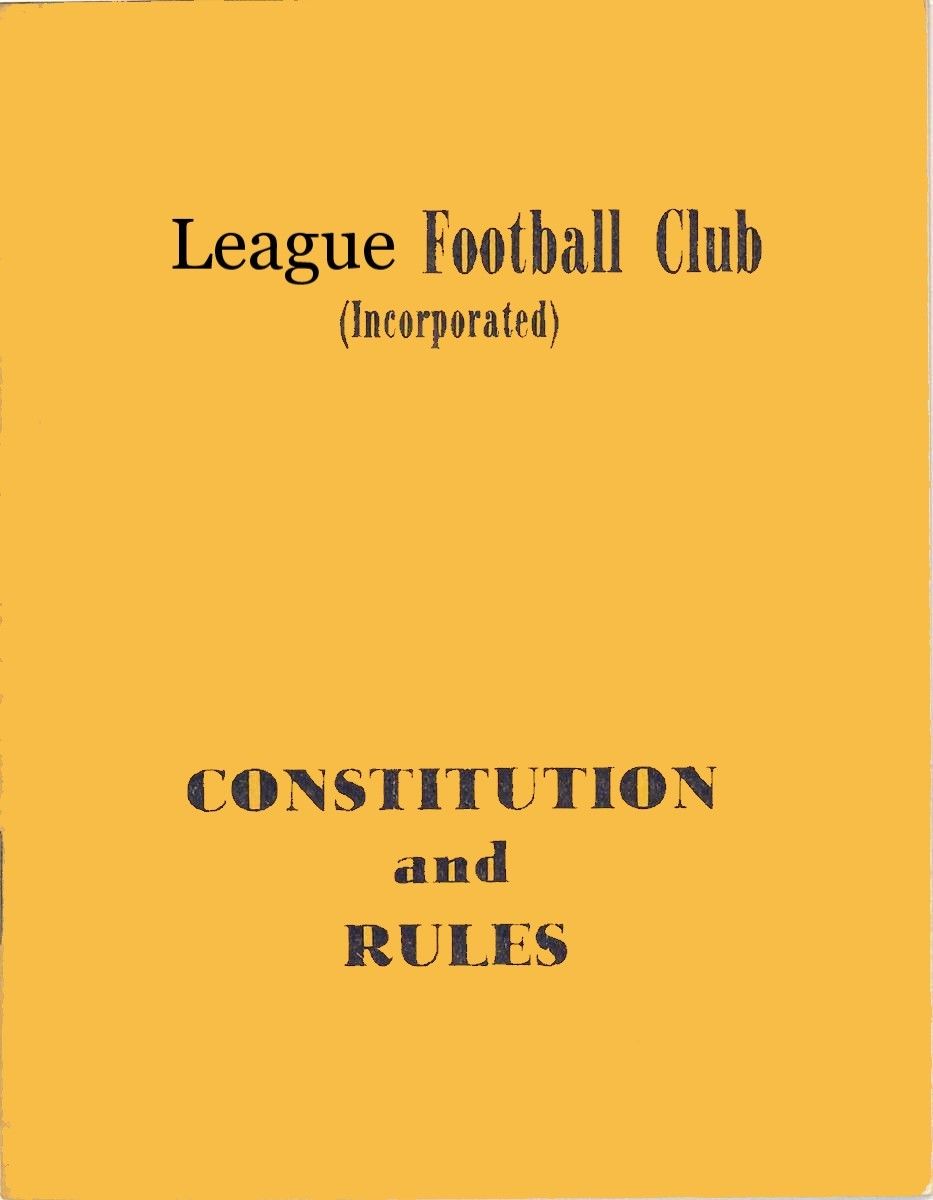Financial Checks, Balances and Reporting
There is more to managing your finances than you think

April always brings year end accounts to mind for those businesses operating on a 1 July to 30 June financial year. There is more to managing your finances than ensuring you have a financial report in your Annual Report to your stakeholders.
During the year as you operate, you need to ensure checks and balances are in place to avoid mistakes and possible fraud. There have been a couple of instances in the club industry of fraud, where the right checks and balances haven’t been implemented.
Financial Safety
For me in any business, but particularly clubs and pubs, there must be checks and balances in place to ensure no inappropriate money handling can occur. Many people have the opportunity to get fingers in where they perhaps shouldn’t, so some simple measures should be implemented to avoid any of these issues occurring.
Security Cameras – These should be in the club, pub or restaurant anyway, to monitor the behaviour of patrons, but should also be identified to staff as an additional mode of monitoring their behaviour. One key position for a camera is in the manager’s office with a clear view to the safe, when both open and shut. If any existing or potential manager has an issue with this, then I suggest employing another manager.
All areas where money is handled or counted by staff should be monitored for the security of both the business and the staff member. Video footage used as evidence for or against a staff member, should be a part of the Staff Policy, which all staff should sign off on before they commence employment.
Double Checking – it is imperative to me that all cash amounts should be double counted e.g. by the manager and a staff member in any business, but in clubs and pubs, especially smaller clubs and pubs, by the employee/manager and a director.
Pokie Clearances – one person should clear and count the money from each machine and someone else should also count to confirm the amount, machine by machine and then the aggregated total
Till Floats – staff on the start of a shift should always count their till float to ensure it is correct. This is the double check from the manager’s count and ensure the till isn’t short $20 or over $20. This also assists in the end of shift tally, where knowing that the starting float was correct, means any discrepancy at shift end occurred during the shift.
Safe Floats – all businesses will have a float in the safe of additional cash to cover change in tills, payouts for pokies (in clubs and pubs) and top ups for TAB and Keno. The total amount must always equal the designated amount of all floats – e.g. 3 x $500 till floats, $5,000 pokie float, $500 TAB float, $500 Keno float, $1,200 change float and $20,000 safe float. All this should tally to $28,700 as the total amount as par level, for the start and end of the day.
Bank Payments – some banks insist on a two person authentication for payments of invoices, wages and other transactions by businesses whether with old fashioned cheques or via internet banking. This is not only good security, but also good governance. Fraud is so much easier to perpetrate when only one person is required to ‘sign off’ on a payment. And in some cases the person authorised to make the payments is also the only person who enters the invoices and pay amounts. This is absolute red flag stuff for me and must be rectified immediately.
A second person authorising can also check that payments are being made of the correct amount, to the correct supplier and that the supplier and invoice are legitimate. Indeed a second trustworthy employee must be trained and authorised to do payments, so that the prime employee can take leave – sick leave, annual leave and long service leave of any required duration, and payments can still be made.
Accounts Payable and Receivable – many clubs, pubs and restaurants will have little or no accounts receivable, unless they offer invoice payment to patrons for functions where large sums of money are involved. Accounts payable however need to be monitored and managed closely to ensure correct data entry – which can impact product pricing and profit margins – and timely payment – to ensure a good credit rating.
Cash Reserves – ‘Cash is king’ is the old adage that is very apt. Cash, in the form of cash reserves – term deposits and savings – are essential to ensure the business is solvent at all times. The test for solvency is being able to pay all debts ‘as and when they fall due’. I have mentioned in other articles that loans from banks and financial institutions will always have a clause or caveat that ‘the [institution] can call in its debt at any time’. This is an ever present risk for businesses trading poorly but can effect even the largest, strongest business, should it extend itself with a large loan and business conditions take a turn for the worse.
Another issue for business is that of long term employees with large annual and long service leave liabilities. An employee leaving a business must be paid the full amount of termination pay on the day they leave and this can often be a substantial sum. If the amount is in excess of the businesses cash reserves, then the business is technically insolvent. Arrangements with the employee for part payments are illegal and should not be discussed.
Cash reserves and a positive cashflow are also essential for the business to prove the ‘capacity to repay’ loans when looking to renovate, refurbish or expand the business in some significant way.
Reporting financial results - are different depending on the structure of your business. Quarterly Business Activity Statements (BAS) are a mandatory requirement for any business registered for Goods and Services Tax (GST). A sole trader, partnerships, incorporate associations and cooperatives need only ensure their BAS is competed quarterly and an annual Tax Return is submitted to the Australian Tax Office (ATO). There may be a requirement to submit an annual return to a state authority (like the Department of Fair Trading in NSW) however companies, registered with Australian Securities and Investment Commission (ASIC) have to submit an audited Annual Report to them.
In NSW registered clubs must report to their members on a quarterly basis with Financial Accounts – Profit and Loss and Balance Sheet reports, which must be made available to members no later than seven (7) days after adoption by the board. An Annual report, which includes a full financial report, Directors’ report and an auditor’s report must also be made available to members within four (4) months of the end of the club’s financial year and at least 21 days before the Annual General Meeting where it will be tabled.
Financial Responsibility – a final note for all organisations that are companies (public, private, not for profit and companies limited by guarantee). Your board of directors or committee are all equally liable for the financial well being of your organisation and must be constantly aware of the financial situation of the entity, especially in regard to solvency as I mentioned earlier. This applies regardless of the frequency of board meetings – monthly, every 2 months, every quarter or six monthly. It is best to keep the officers of the entity informed with monthly accounts, so that they are always aware of how the business is travelling.
Financial Advice – I am not an accountant or auditor, so this advice is general in nature and grown out of commercial experience. You must ensure you have a trustworthy and qualified accountant to help manage your business finances, taxation and superannuation commitments. And similarly a trustworthy and qualified auditor to oversee all your reporting is a must.
Whilst many businesses start off small and grow to a more significant size with the same financial management processes, it is imperative in these times to ensure you have the appropriate checks and balances in place, for all money handling processes, to safeguard the finances of the business. Ignorance of the financial situation of the business you are responsible for as an owner, manager or director is no defence in court!
For more information contact Ron Browne, Managing Consultant on 0414 633 423 or info@extrareneurservices.com.au.











